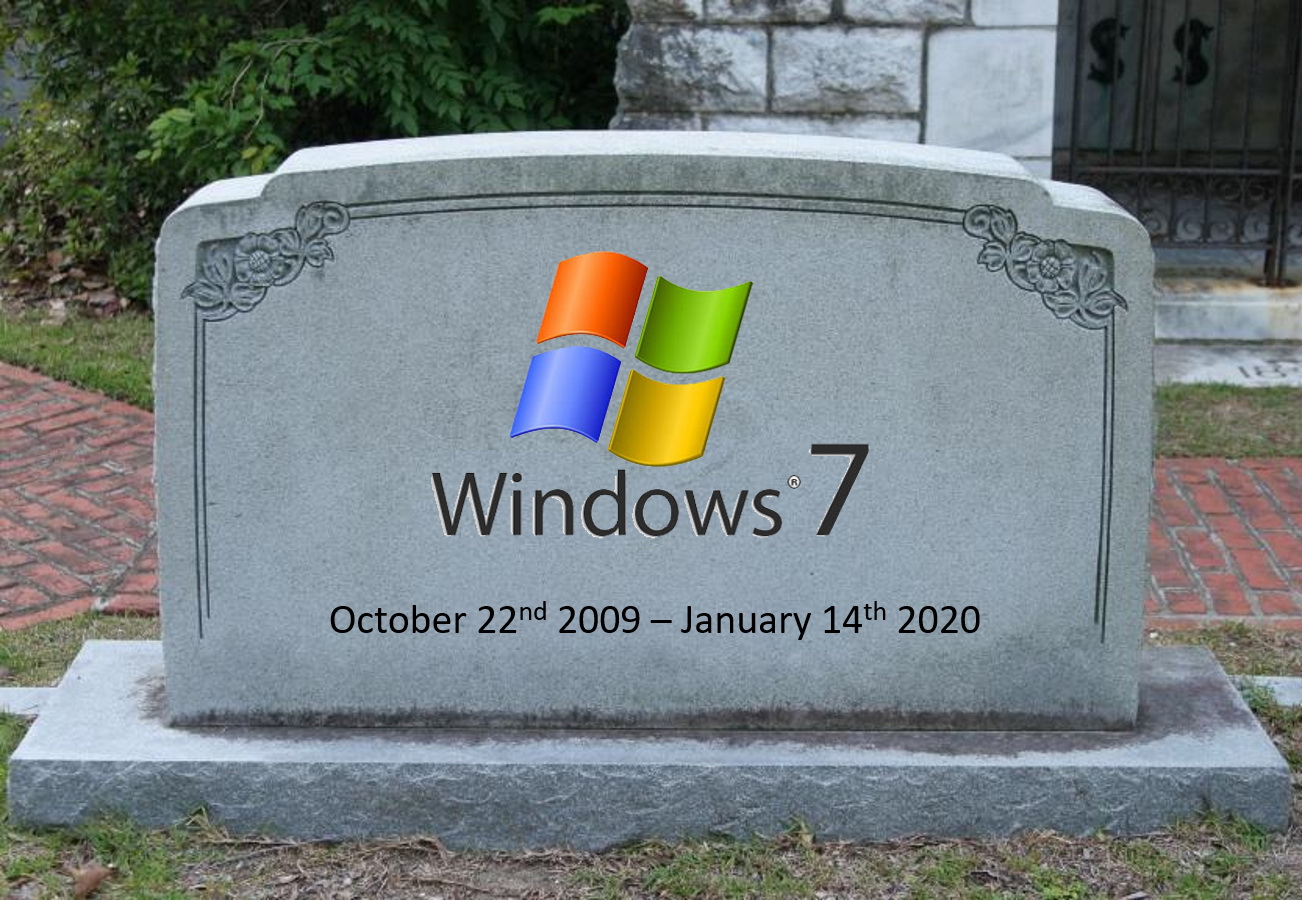On January 14, 2020, Microsoft stopped supporting Windows 7 for PCs of private users, and at the same time finally finished support of the mobile Windows 10 Mobile (1709), but released a farewell update for these OSs.
By tradition, on the last day of support, the developers released the final cumulative update for Windows 7, as well as for Windows Server 2008 R2, which is also no longer supported.
In fact, two separate cumulative updates were released: the first is a monthly update KB4534310 with the correction of various errors, and the second is KB4534314, which contains improvements to the security system. Users can download the monthly cumulative updates for manual installation here, and the security update here.
“And since both include only a few security fixes, the change lists are the same for both — security updates for the Microsoft Scripting Engine, Windows Input and Composition, Windows Storage and Filesystems and Windows Server“, – writes Rich Woods in Neowin.
Well, these are the latest official updates for Windows 7 and Windows Server 2008 R2.
At the same time, were released updates for Windows 8.1 and Windows Server 2012, although support for these versions will continue until 2023. The monthly cumulative update with bug fixes has number KB4534297 and is available for download here, while the accompanying security update can be downloaded KB453430 here.
It is worth noting that the update for Windows 8.1 and Server 2012 contains at least one problem. Namely: some operations, for example, renaming, performed with files or folders on the cluster shared volume (CSV), may fail with the error “STATUS_BAD_IMPERSONATION_LEVEL (0xC00000A5)”.
“It remains to add that legal entities and companies will be able to switch to paid extended support and receive security updates (Extended Security Updates) for another three years – until January 2023. As for users, they stay with Windows 7, though for their own risk”, – writes Neowin.
Although it is possible to upgrade from Windows 7 to Windows 10 for free, Microsoft does not recommend a simple upgrade due to potential incompatibility issues between old hardware and some components of the new OS. That is, Microsoft advises buying new devices with Windows 10.
However, as we wrote, the community of the My Digital Life online forum has found a way to extend support for Windows 7. There are doubts about the legality of this path – therefore, read about it at your own risk.

